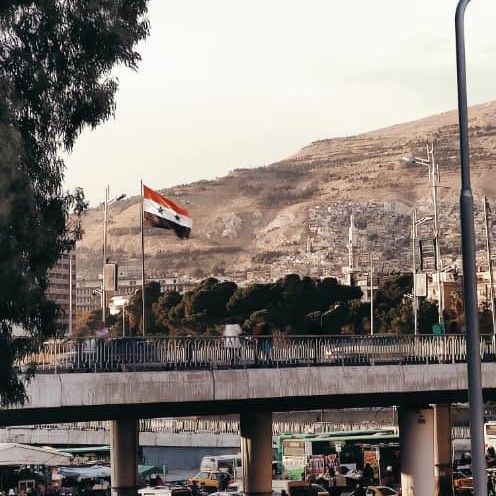On 13 January 2022, the Koblenz Higher Regional Court sentenced Anwar R. to life imprisonment for crimes against humanity and murder. Anwar R. (58) was a colonel in the Syrian intelligence service. In the proceedings, the court dealt overall with the events during the “Arab Spring” in Syria at the beginning of 2011. The court described the reaction of the Syrian regime as a “widespread and systematic attack” against the Syrian civilian population. At the time, the regime established a “Central Office for Crisis Management”. The body was directly subordinate to President Bashar al-Assad. It determined that the security forces should quell the protests at all costs, including through the use of weapons. The security forces killed people and arrested “masses” of opponents of the regime every day at the end of April 2011. They locked them up in prisons without due process of law, including the prison of Department 251 of the Syrian General Intelligence Service in Damascus. There, the security forces abused and tortured the detainees “as part of a comprehensive regime strategy”.
The court found that at least 4,000 people were detained in the Syrian General Intelligence Service’s Department 251 prison from late April 2011 to early September 2012. Security forces brutally tortured detainees during interrogations and outside of them by beating them with cables or sticks, kicking them and giving them electric shocks. In order to humiliate and degrade the prisoners, the security forces also used sexual violence. The prison had been severely overcrowded and detainees had suffered from deprivation of sleep, lack of food and medical care. 27 detainees died as a result of torture, other ill-treatment or prison conditions between late April 2011 and early September 2012.
At the time, the interrogation subdivision of Department 251 of the General Intelligence Service, which was responsible for the Damascus area, was under the command of the intelligence chief Anwar R. This was also called the Al-Khatib department. The court held the accused responsible for the events in the interrogation department because of his function. He had supervised and significantly determined the procedures in the prison. Even if he had not personally carried out the deeds, he was responsible because of his decision-making or commanding power. Therefore, the court convicted him as an accomplice in the murder of 27 people and in the deprivation of liberty and torture of 4,000 people. The court did not accept that the accused had acted out of an emergency situation. Anwar R. could have fled Syria earlier than in December 2012. Anwar R. entered the Federal Republic of Germany on 26 July 2014.
In its judgement, the court relied on more than 80 witnesses. Photographs by a former Syrian military photographer were also presented as evidence. tünews INTERNATIONAL reported on the start of the proceedings in April 2020 (tun042501). The trial attracted worldwide attention because it implements the so-called principle of world law. The Office of the Attorney General spoke of the “world’s first criminal proceedings against members of the Assad regime for crimes against humanity”. According to the principle of international law, courts can prosecute “core crimes under international law” regardless of the location of the crime and the nationality of the perpetrators and victims. This was announced by the Koblenz Higher Regional Court in a press release dated 13 January 2022.
tun22011402
Damaskus. Foto: Arwa Abdulwahed.




